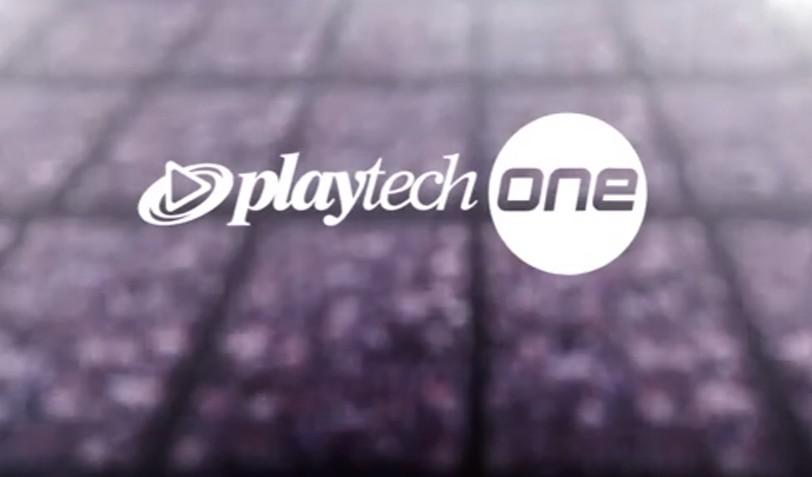The provider Playtech has revealed itself to be the anonymous client of an investigation against competitor Evolution, paying the Israeli intelligence agency Black Cube US$2.3 million for a report on operations in unregulated markets.

The global iGaming industry is facing one of its most contentious corporate showdowns in recent memory, as the ongoing legal feud between Playtech and Evolution escalates into what analysts are calling a “corporate war for market dominance.” After years of speculation, Playtech has officially been identified as the previously anonymous client behind a controversial investigation launched against its competitor Evolution — an investigation carried out by the private Israeli intelligence firm Black Cube.
The revelation came after almost five years of legal battles in the United States. Evolution, the market leader in live casino gaming, successfully sued in the state of New Jersey to force disclosure of the entity that commissioned Black Cube’s probe. According to filings and newly released court documents, Playtech paid approximately US$2.3 million for the operation, which involved undercover agents, hidden recordings, and what courts later described as “intentionally misleading evidence-gathering practices.”
In 2021, Black Cube produced a report accusing Evolution of supplying live casino games to operators in restricted jurisdictions, including Iran, Sudan, Syria, and China. The accusations immediately generated widespread controversy, damaging Evolution’s stock performance and raising regulatory scrutiny across several markets.
Black Cube claimed that its operatives posed as potential investors and industry intermediaries, engaging in covert conversations with Evolution-linked associates. Later, in August 2025, the firm presented video recordings it said showed company executives acknowledging the company’s presence in markets where online gambling is prohibited.
However, as the court battle progressed, two U.S. regulators and a New Jersey judge concluded that the materials lacked credibility and were based on “deception and fabricated context.” The recordings, according to the court, were obtained through agents using false identities, wigs for disguise, and elaborate staged meetings under the pretense of being Sudanese investment representatives.
Evolution CEO Martin Carlesund reacted strongly to Playtech’s identification, announcing that Playtech will now be formally named as a defendant in an expanded defamation lawsuit. The provider plans to seek billions in financial damages, arguing that the covert investigation was designed with the explicit goal of harming Evolution’s reputation and business interests in key markets.
Carlesund stated, “This was not competition — it was a paid campaign to smear and mislead regulators, investors, and the public. We’ll pursue full accountability.”
If successful, the case could become one of the most financially consequential legal outcomes in the history of the global gambling industry.
Playtech hasn’t issued a detailed public statement on the revelation, but is expected to argue that its actions were prompted by genuine market fairness concerns. Supporters of Playtech suggest the company believed Evolution was gaining an unfair advantage by operating in gray or black markets, where regulatory oversight is limited.
Critics, however, say the revelation paints a picture of corporate espionage escalating into a full-scale legal war — one that could reshape competitive boundaries in the iGaming sector.
The trial is expected to continue through 2026, with both companies preparing for prolonged legal and public relations battles. Meanwhile, the broader industry is bracing for regulatory ripple effects:
This dispute now represents more than a clash between two gaming giants — it stands as a high-stakes test of how far competition can go before it crosses into covert warfare.
